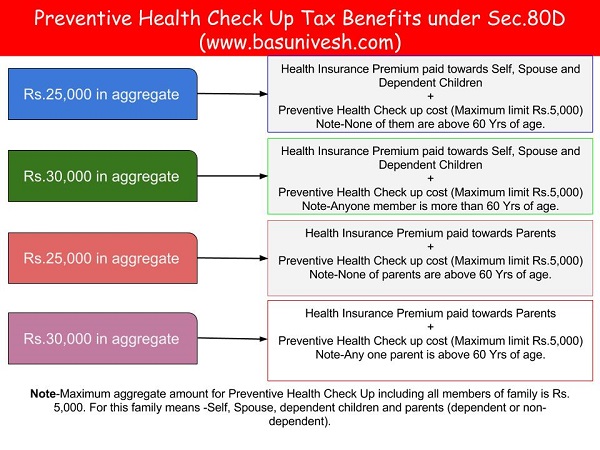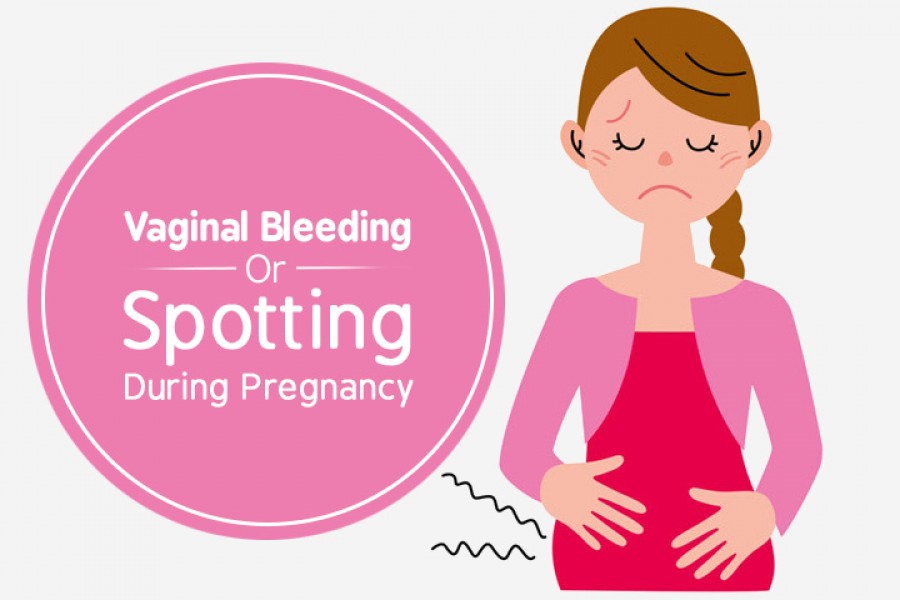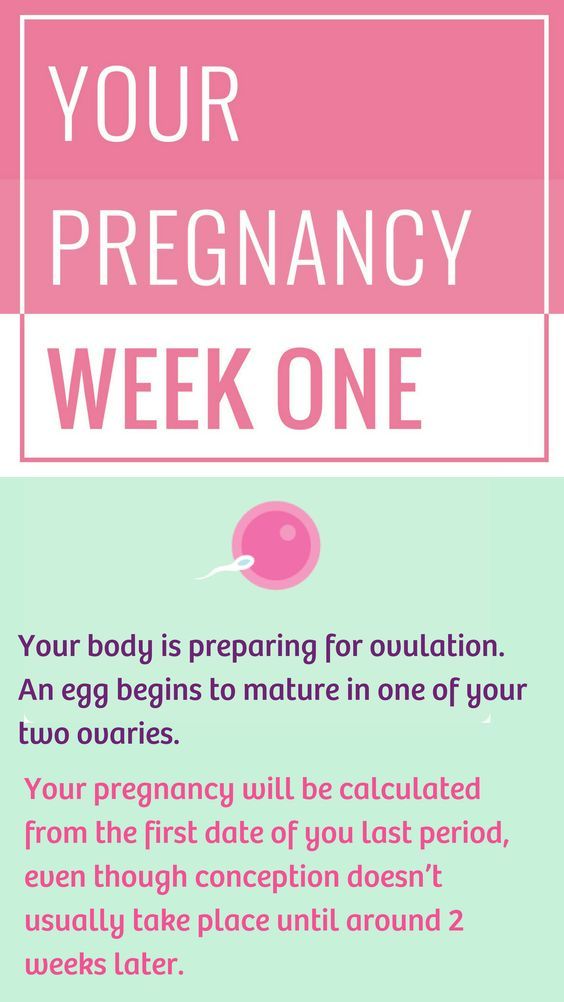How to get rid of anxiety while pregnant
How can you manage anxiety during pregnancy?
Pregnancy is an exciting time. You will soon become a parent to an adorable, tiny human. You may expect to experience the rollercoaster of emotions during pregnancy, or emotions may catch you off guard. Some women feel joy at every flutter or kick, marveling at their changing bodies. For other women, pregnancy is hard, giving no reprieve as it brings severe fatigue, mood changes, and constant worries. You may notice that with every passing month, your thoughts are spiraling out of control, affecting your performance at work and your relationships at home. But how do you manage your anxiety, and should you treat it?
What causes anxiety during pregnancy?
Worries during pregnancy are universal. Hormonal changes of pregnancy, prior heartbreaking miscarriages, and sleep difficulties may all contribute to anxiety for mothers-to-be. You may worry about how a baby will affect your relationships with friends or family members, the health of your future child, the delivery experience, or the financial burden of an additional family member. All of these worries are completely normal. For humans, a certain amount of anxiety is protective; how else could we motivate ourselves to complete our work or run away from a bear?
What are the symptoms of anxiety disorders during pregnancy?
Although it’s normal to be worried about the health of your baby, in some cases this worry becomes debilitating and may require further attention. Thoughts about the health of the baby may become obsessive, even when doctors are reassuring. Worries may also appear as physical symptoms, such as a rapid heartbeat, difficulty breathing, or panic attacks. If this is the first time you experience a high level of anxiety, this may be frightening in itself. When anxiety starts to interfere with your day-to-day functioning, relationships, or job performance, it may be classified as an anxiety disorder — if your doctor picks up on it.
Anxiety can occur at any time during pregnancy, or it may first appear after delivery (perinatal anxiety is the term used for anxiety during pregnancy and after delivery). The rates of generalized anxiety disorder appear to be highest in the first trimester, likely due to hormonal changes. The most common symptoms of anxiety include constant worrying, restlessness, muscle tension, irritability, feeling dread, an inability to concentrate, and difficulties falling asleep due to worries. Some women also experience symptoms as a result of other anxiety disorders, including panic disorder, obsessive-compulsive disorder, or post-traumatic stress disorder.
The rates of generalized anxiety disorder appear to be highest in the first trimester, likely due to hormonal changes. The most common symptoms of anxiety include constant worrying, restlessness, muscle tension, irritability, feeling dread, an inability to concentrate, and difficulties falling asleep due to worries. Some women also experience symptoms as a result of other anxiety disorders, including panic disorder, obsessive-compulsive disorder, or post-traumatic stress disorder.
Unfortunately, two of the most common mental health screening tools in pregnancy (the Edinburgh Postnatal Depression Screen and Generalized Anxiety Disorder 7-item Scale) are not great at detecting anxiety in pregnancy. Although underdiagnosed, anxiety disorders during pregnancy and in the postpartum period are common, and may affect up to one in five women. Many women suffer in silence.
What are the effects of untreated anxiety on the fetus?
When thinking about management of anxiety, it is important to consider both the risks of treatment as well as the harms of untreated anxiety. Although less studied than depression, research suggests that anxiety may negatively affect both the mother and the fetus. Anxiety increases the risk for preterm birth, low birthweight, earlier gestational age, and a smaller head circumference (which is related to brain size).
Although less studied than depression, research suggests that anxiety may negatively affect both the mother and the fetus. Anxiety increases the risk for preterm birth, low birthweight, earlier gestational age, and a smaller head circumference (which is related to brain size).
What are some treatments for anxiety during pregnancy?
Fortunately, there are many treatments that can reduce anxiety during pregnancy and help you feel better. For many women, anti-anxiety medication is not an option during pregnancy, as there is little information on the safety of such medication on the fetus. Some women who had previously taken medications for anxiety may wish to discontinue medications during pregnancy for personal reasons.
Therapies such as cognitive behavior therapy (CBT) demonstrate promise in the peripartum period (the period shortly before, during, and after giving birth). CBT focuses on challenging maladaptive thoughts, emotions, and actions, and it uses anxiety management strategies such as diaphragmatic breathing (adapted to pregnancy).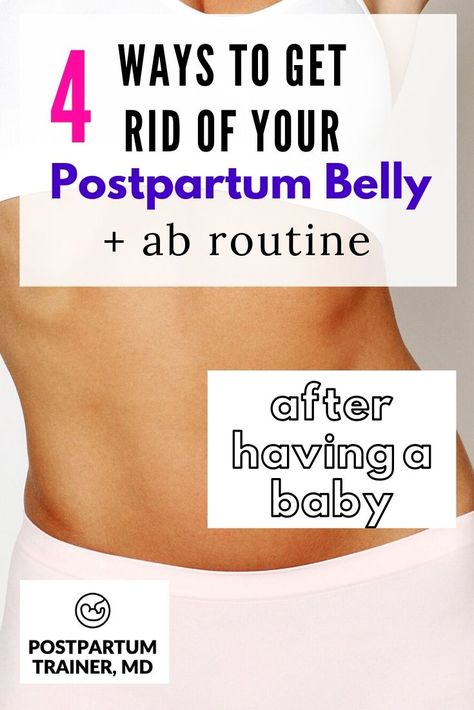
If your anxiety is severe, medications may be an option for you. Selective serotonin reuptake inhibitors (SSRIs) are commonly prescribed for depression and anxiety during pregnancy and after delivery. It does not appear that SSRIs are associated with an increased risk of major congenital malformations. However, SSRIs may be associated with transient neonatal symptoms such as jitteriness, tremor, crying, and trouble feeding, which resolve on their own in a few days.
The use of benzodiazepines such as lorazepam (Ativan) and alprazolam (Xanax) during pregnancy has long been a controversial topic. Although older studies showed an association between their use and an increased risk for cleft lip and palate, a more recent study looking at benzodiazepine use during pregnancy did not show this link when these medications were used alone (although there may be an increased risk when combined with antidepressants).
What else helps anxiety during pregnancy?
- Engage in regular physical activity.
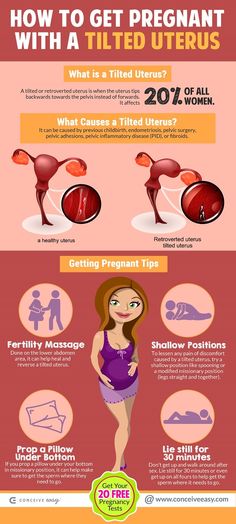 In general, it is safe to engage in physical activity during pregnancy. However, if you are at risk for preterm labor or have pregnancy complications, consult with your doctor first.
In general, it is safe to engage in physical activity during pregnancy. However, if you are at risk for preterm labor or have pregnancy complications, consult with your doctor first. - Ensure adequate sleep. Whether it’s a calming bedtime routine, pregnancy pillow, or a few nights in a bed away from your snoring partner, now is the time to learn what works for your sleep.
- Practice mindfulness. Research shows that mindfulness may reduce worries about labor, and it may even prevent postpartum depression.
- Journaling. Writing about your worries may help you brainstorm potential solutions, and it allows you to reflect on your concerns.
- Schedule worry time. We often worry because we do not want to forget something. Setting aside 30 minutes toward the end of the day provides you with a time to worry productively, but it frees you from holding onto your worries the rest of the day (practice reminding yourself "I’ll get to these thoughts later").

- Yoga, massage, meditation, and acupuncture. Finding relaxation techniques that work for you may take some experimentation — but their benefits will continue even after the baby arrives.
Anxiety During Pregnancy: Tips for Coping
Intro
A few months ago, you were thrilled to see that second line on your positive pregnancy test. Now? You’re feeling worried at every twist and turn that something might be wrong. It’s a feeling you just can’t shake, and it’s starting to affect your everyday life.
Isn’t pregnancy supposed to be a time of joy? If you suffer from anxiety, it can be complicated. Here’s more about anxiety during pregnancy and some ways you can cope.
You may have heard that postpartum depression is a major concern for women after delivery. But there are other mood conditions that may affect your pregnancy. More than 1 in 10 pregnant women experience anxiety at some point.
Some women experience a decrease in their symptoms during pregnancy, but your anxiety may get worse. After all, not everything that makes you feel anxious is under your control. Hormonal changes during pregnancy may affect the chemicals in your brain. This can cause anxiety.
After all, not everything that makes you feel anxious is under your control. Hormonal changes during pregnancy may affect the chemicals in your brain. This can cause anxiety.
Pregnancy is also a time of tremendous change. Some of these feelings and sensations are welcomed, while others are downright uncomfortable and scary. You may even have complications or other issues that arise that keep you up at night.
Some degree of worry is natural during pregnancy. After all, the process may be entirely new for you. You may have faced situations in the past, like miscarriage, that give you reason for concern. But if these worries start to interfere with everyday life, you may have anxiety.
Symptoms include:
- feeling an uncontrollable sense of anxiousness
- worrying excessively about things, especially your health or baby
- inability to concentrate
- feeling irritable or agitated
- having tense muscles
- sleeping poorly
Occasionally, bouts of anxiety may lead to panic attacks. These attacks may start very suddenly with the symptoms above, and progress. During a panic attack, your symptoms may be very physical in nature, which can make the experience that much worse.
These attacks may start very suddenly with the symptoms above, and progress. During a panic attack, your symptoms may be very physical in nature, which can make the experience that much worse.
Symptoms of a panic attack include:
- feeling like you cannot breathe
- feeling like you’re going crazy
- feeling like something awful may happen
While anyone can develop anxiety during pregnancy, there are certain risk factors that may contribute, including:
- family history of anxiety or panic attacks
- personal history of anxiety, panic attacks, or depression
- previous trauma
- use of certain illegal drugs
- excess stress in everyday life
Mild cases of anxiety usually don’t require any specific treatment, though it’s a good idea to mention your feelings to your doctor.
In severe cases, your doctor may recommend medication after weighing the benefits and risks.
Well-meaning friends may have told you that you need to stop worrying because it isn’t good for the baby. While their sentiment comes from a good place, you may feel like stopping the cycle is easier said than done. Still, research shows that there is good reason to get your anxiety under control.
While their sentiment comes from a good place, you may feel like stopping the cycle is easier said than done. Still, research shows that there is good reason to get your anxiety under control.
High levels of anxiety during pregnancy are associated with a risk of developing conditions like preeclampsia, premature birth, and low birth weight.
1. Talk about it
If you’re feeling very anxious during your pregnancy, it’s important to tell someone. Your partner, a close friend, or family member may be able to offer support. Simply sharing your thoughts and feelings may be enough to keep them from taking over your everyday life. You may also ask your doctor to refer you to a therapist who is trained to help with anxiety. Some therapists specialize in helping pregnant women.
2. Find a release
Engaging in activities that help to lower stress and anxiety may be a good option for you. Physical activity helps your body release endorphins. These act like natural painkillers in your brain. Moving your body is one of the most recommended ways to manage stress.
Moving your body is one of the most recommended ways to manage stress.
Effective activities include:
- walking
- running
- yoga
Don’t like to stroll, jog, or strike a pose? Do what you love! Anything that gets your body moving can help. Aerobic activity for as short as five minutes has been shown to have positive benefits. Always speak with your doctor before starting a new exercise routine during pregnancy.
3. Move your mind
You can try activities that help your body release endorphins without working up a sweat, including:
- meditation
- acupuncture
- massage therapy
- deep breathing exercises
The American Institute of Stress recommends deep abdominal breathing for 20 to 30 minutes per day to help with anxiety. Doing so will help provide more oxygen to your brain and stimulate your nervous system.
To try it, get in a comfortable seated position and close your eyes. Imagine yourself smiling inwardly and release tension in your muscles. Then visualize that there are holes in your feet. Breathe in and imagine the air circulating through your body. Exhale and repeat.
Then visualize that there are holes in your feet. Breathe in and imagine the air circulating through your body. Exhale and repeat.
4. Rest up
It’s important to make sure you’re getting enough sleep. Though sleep may seem elusive during pregnancy, making it a priority may help significantly with your anxiety symptoms. Do you wake up often at night? Try sneaking in a nap whenever you feel the urge.
5. Write about it
Sometimes you may not feel like talking. All those thoughts need someplace to go. Try starting a journal where you can let out your feelings without fear of judgment.
You may find that writing down your thoughts and feelings helps you organize or prioritize your worries. You can track different triggers to share with your doctor, too.
6. Empower yourself
Tokophobia is the fear of childbirth. If your anxiety is tied to childbirth itself, consider signing up for a birth class. Learning about the different stages of labor, what your body does, and what to expect at each turn may help demystify the process.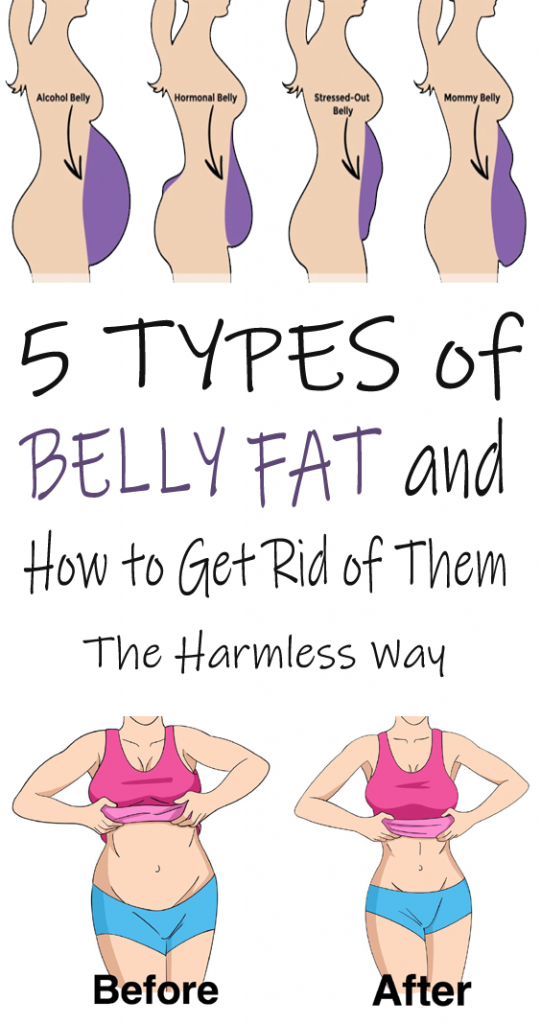
These classes often offer suggestions for dealing with pain. They’ll also give you an opportunity to chat with other mothers who may be worried about similar things.
7. Ask your doctor
If your anxiety is affecting your daily life or you’re having frequent panic attacks, call your doctor. The sooner you get help, the better. Beyond referral to a therapist, there may be medications you can take to ease your most severe symptoms. You should never feel embarrassed about sharing your thoughts and feelings, especially if they concern you.
Don’t feel like you’re getting enough support? You can always explore changing providers.
Anxiety during pregnancy is common. It’s also highly individual, so what may work to help your friend may not alleviate your own worries. Keep the lines of communication open with the people you love, try some stress management techniques, and keep your doctor in the loop.
The sooner you get help, the sooner you’ll be able to gain peace of mind for your health and the health of your growing baby.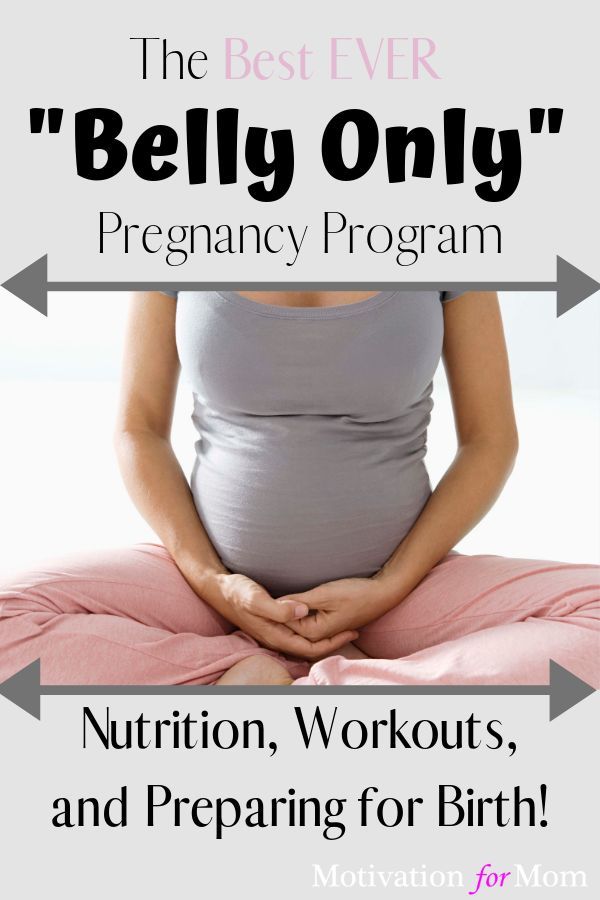
Share on Pinterest
Fears of pregnant women... And how to deal with them?
Both you and your husband, while you are expecting a baby, are likely to be overcome by the most conflicting feelings - from unbridled joy to deep despondency. Get ready for the confusion of feelings. No fear, because after childbirth everything will go back to normal and recover.
All people in the world are different. And women too. Obviously, not all pregnant women can experience the same emotional experiences, doubts and fears. Also, pregnant women cannot experience all the fears and doubts at the same time with the whole list.
A pregnant woman is given 9 months of preparation to understand the role of a parent — Mom. And in order to become a mother for a new Person, one must bear him and help him to be born. Therefore, all the fears and doubts of a pregnant woman are related to future motherhood - will it work? Am I okay? As it will be? What to prepare for?
After flipping through a few smart books about pregnancy, reading a lot of the most recent articles or looking at thematic sites, every woman can make a kind of generalized list of the so-called fears of pregnant women. Let's put it here:
Let's put it here:
- Fear for the health of the future baby.
- Fear of losing a child.
- Fear of premature birth.
- Fear of pain in childbirth.
- Fear of losing a job (study).
- Fear of global changes in life, the emergence of responsibility.
- Fear of losing a loved one, husband (his misunderstanding, lack of sexual attraction to you).
- Fear of losing a figure...
One of the physiological causes of fears is biochemical changes in the body associated with hormonal changes. Emotional changeability, tearfulness and irritability signal us about this and give clues
One of the psychological causes of fears is the change in a woman's life role and adaptation to a new status.
Previously, she lived for herself and her own joyful life, but now a happy life and success must be given to a new person.
What to do?
The best way to get rid of the fears associated with future motherhood and fatherhood is to openly discuss them together. Or go to a psychotherapist, psychologist or perinatal specialist at a antenatal clinic or a maternity hospital. It is important to be aware of all the changes that are happening to you. This is rule number 1.
Or go to a psychotherapist, psychologist or perinatal specialist at a antenatal clinic or a maternity hospital. It is important to be aware of all the changes that are happening to you. This is rule number 1.
In fact, in order to conquer fear, you need to “agree” with it; in other words, it needs to be well studied, understood and ... set free. Don't keep fear inside by "closing windows and doors tightly." If you "feed" it, then it can grow to a very large size ... We need information about the phenomenon under study in order to get away from uncertainty; and when we have it in the volume necessary and sufficient for us, then we can assimilate it and use it to solve life problems.
Understand that if you do not belong to the risk group (it is better to discuss this topic with your doctor), then the likelihood of pregnancy complications is small. Go through all the necessary examinations in time, follow the recommendations of the doctor. Live without overload and overwork. Rule number 2 - protect yourself from negativity. Any information is perceived sharply and is tried on for us. You need to rest, read pleasant books, watch melodramas, listen to your favorite music, get away from unpleasant conversations and allow yourself to reconstruct unpleasant relationships.
Rule number 2 - protect yourself from negativity. Any information is perceived sharply and is tried on for us. You need to rest, read pleasant books, watch melodramas, listen to your favorite music, get away from unpleasant conversations and allow yourself to reconstruct unpleasant relationships.
We must try as gently and confidently as possible to translate all the negative aspects of natural changes in life into a state and logic of a positive mood. This rule number 3 is to look for pluses in a new position and figure out how to keep for yourself what pleased you before. To support yourself, you can simply look at happy photos: You are small and touching in childhood, laughing, your parents are smiling next to you; here - you are beautiful and happy with your husband on vacation, remember the best, tender moments; and here .... already with a tummy, you have a secret inside ... life just changes! At the same time, you can maintain the usual circle of friends, hobbies, travel.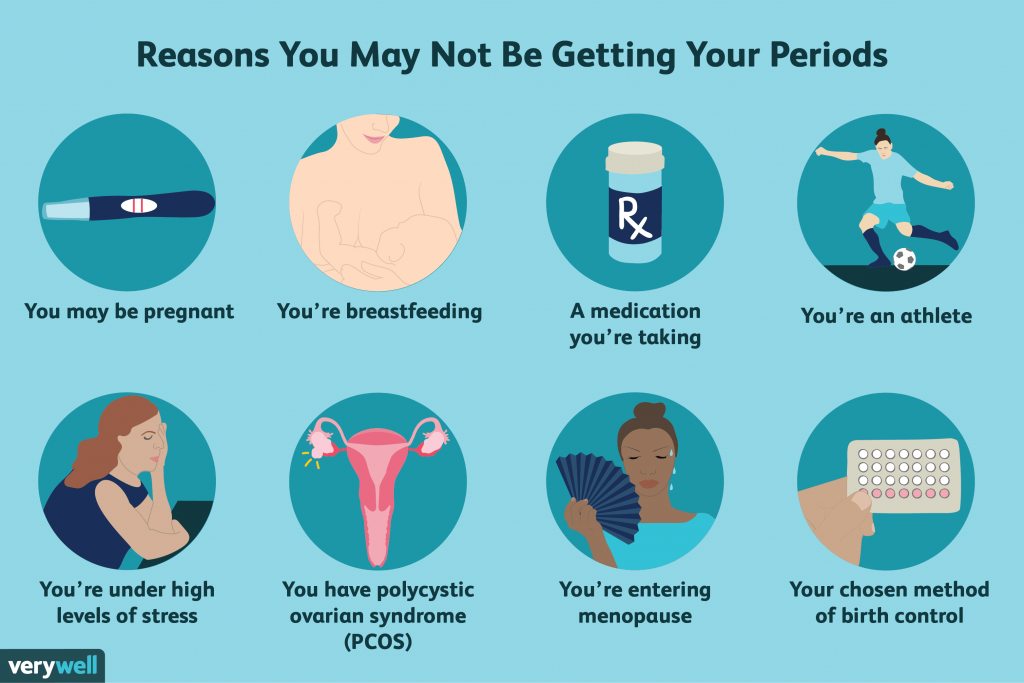
There is nothing unnatural in the fact that the happiness of expecting a child is sometimes overshadowed by negative emotions. If you are afraid of upcoming contractions and childbirth, get ready for them. This is rule number 4. To prepare for childbirth means to be sufficiently informed about the birth process, its logic and biomechanism. Some women experience more severe pain, others feel less pain - there is a direct dependence on the individual mood and physical condition - on muscle tone, ligaments in the pelvic region, on the position of the child, the duration and intensity of contractions. Fear of pain is closely related to the feeling of helplessness and inability to control the situation. Moreover, both obstetricians and psychologists argue that women who are afraid of childbirth give birth longer, they need more painkillers, they are more likely to have problems during childbirth and with the newborn. You need to understand that your pain helps you control the process and participate in it. Just learn how to ease it yourself with the help of concentration, proper breathing and special gymnastics. This can be learned at a childbirth preparation school, preferably at a maternity hospital, where there is more practical experience from specialists who prepare for childbirth. The latest technologies for preparing for childbirth and teaching proper breathing, for example, using a biofeedback system (“BFB”), will not be superfluous, allowing you to individually develop a training program for each woman. Usually, when she knows what needs to be done, a woman ceases to be a passive observer, but takes an active part in the process. And when a person is busy with something, there are much fewer brain resources for “registration” and experiencing pain. So, master the technique of breathing and muscle relaxation, and you will feel more confident.
Just learn how to ease it yourself with the help of concentration, proper breathing and special gymnastics. This can be learned at a childbirth preparation school, preferably at a maternity hospital, where there is more practical experience from specialists who prepare for childbirth. The latest technologies for preparing for childbirth and teaching proper breathing, for example, using a biofeedback system (“BFB”), will not be superfluous, allowing you to individually develop a training program for each woman. Usually, when she knows what needs to be done, a woman ceases to be a passive observer, but takes an active part in the process. And when a person is busy with something, there are much fewer brain resources for “registration” and experiencing pain. So, master the technique of breathing and muscle relaxation, and you will feel more confident.
Remember
- Your task is to treat your health and lifestyle as responsibly as possible. Do not forget that in this matter you are cooperating with your personal doctor.

- You keep a good mood for yourself and your child; now you are protecting him with both soul and body. A woman has been learning this for hundreds of thousands of years, genetically.
- Usually a reassessment of priorities occurs after childbirth, when hormonal fears cease to affect mood.
- Maternity leave is a time when you can do what you have long wanted to do, but you put it off due to lack of time. When, after the birth of a child, you have a measured regimen: feeding-sleep - what can you do? This is where you remember your pending dreams or activate your business abilities: open online stores, create communities of young mothers....
- Look around you. There is a lot of beauty, hope and love in the world. And in this wonderful world, you are going to give birth to a New Man!
Other articles
Bifido and lactoflora in gynecology
Why is it necessary to take preparations containing bifidus and lactobacilli in gynecology? The answer can be given in a short sentence: to restore the microflora of the genital canal after the treatment of inflammatory diseases and dysbacteriosis.
The doctor told at what age they will give birth in 10 years
The desire to fulfill the dream of motherhood will be as long as the world exists. A woman of the 21st century stands on the same level as a man in achieving career growth. It is only after reaching full perfection in the business sphere that most couples think about having a baby. This, of course, is not the only reason for postponing the birth of children until a later time, but the trend towards an increase in the age of women who decide to become mothers is worldwide.
Pregnancy and childbirth after 35
The desire to fulfill the dream of motherhood will be as long as the world exists. A woman of the 21st century stands on the same level as a man in achieving career growth. It is only after reaching full perfection in the business sphere that most couples think about having a baby.
Top —9 fears of pregnant women - news from the Mother and Child Clinic
The waiting period for a child is both exciting and disturbing. Let's try to understand some of them.
Let's try to understand some of them.
Dear pregnant women!
Some reasonable level of anxiety is good, but together with your doctor, you can overcome your level of anxiety and achieve your desired goal - the birth of a healthy baby.
Fear No. 1. Anxiety during the day and dreams at night, suddenly something is wrong with the child
A high level of progesterone during pregnancy makes a woman vulnerable, sensitive, and sometimes depressed. There is no need to be nervous, as this can provoke a threat of termination of pregnancy, use a simple auto-training: repeat to yourself that there is no reason to worry. If this does not help, you can use sedatives: motherwort and valerian are not contraindicated in pregnant women, discuss the use of these drugs with your doctor.
Fear No. 2. “On the day of conception, I drank a bottle of wine. I'm afraid the wine might hurt the baby. Maybe now I need to terminate the pregnancy?
In the first 7 days after fertilization in the fallopian tube, the egg has not yet attached to the uterine mucosa, so the damaging effect of wine drunk on the day of conception is not necessary. If it happened that you drank 50–100 g of wine, champagne or beer at a later date, this is also not a reason to terminate the pregnancy. But for the future, remember - alcohol and pregnancy are incompatible. As soon as you find out about pregnancy - give up any alcoholic beverages. The constant or episodic use of pregnant alcohol leads to serious consequences for the child: from congenital alcoholism to serious malformations. Stop smoking as soon as you find out you're pregnant! But don't think about terminating your pregnancy if you smoked in the early days without knowing you were expecting a baby.
If it happened that you drank 50–100 g of wine, champagne or beer at a later date, this is also not a reason to terminate the pregnancy. But for the future, remember - alcohol and pregnancy are incompatible. As soon as you find out about pregnancy - give up any alcoholic beverages. The constant or episodic use of pregnant alcohol leads to serious consequences for the child: from congenital alcoholism to serious malformations. Stop smoking as soon as you find out you're pregnant! But don't think about terminating your pregnancy if you smoked in the early days without knowing you were expecting a baby.
Fear No. 3. “My husband is 41, I am 39, and we don't have children yet. We would like a child, but I heard that if I decide to give birth, my baby will most likely be with some kind of deviation due to the age of the parents. Is it true?"
Indeed, with age, the likelihood of having a child with Down syndrome, Pattau, Edwards and other congenital diseases increases, but there is no direct dependence on the age of the parents. Many women over forty give birth to perfectly healthy children. There are a number of accurate genetic studies that make it possible to determine at an early stage that there are no congenital abnormalities in a child.
Many women over forty give birth to perfectly healthy children. There are a number of accurate genetic studies that make it possible to determine at an early stage that there are no congenital abnormalities in a child.
Fear No. 4. “My friend said that you should not treat your teeth, because after pregnancy and childbirth they will still begin to deteriorate quickly, then they will need to be taken care of. And she also says that during pregnancy you can’t take any medicines and I should be treated only with herbs. Is it so?"
Your friend is wrong. Preparing for pregnancy involves visiting the dentist in advance before pregnancy. Caries is a serious source of infection, bad teeth provoke tonsillitis, gastritis and other inflammatory processes that are doubly dangerous for a pregnant woman. To prevent tooth decay after childbirth, take calcium supplements, eat cottage cheese and cheese, and take good care of your teeth.
As for herbal medicine during pregnancy, it should be treated with caution. Not all herbs are harmless, for example, oregano can provoke a miscarriage. Secondly, there are conditions when traditional medicines cannot be abandoned. Of course, you should not drink painkillers for any tingling, but the harm that a sore throat with a paratonsillar abscess will cause to an unborn child is much more serious than the harm from drugs that cure it.
Not all herbs are harmless, for example, oregano can provoke a miscarriage. Secondly, there are conditions when traditional medicines cannot be abandoned. Of course, you should not drink painkillers for any tingling, but the harm that a sore throat with a paratonsillar abscess will cause to an unborn child is much more serious than the harm from drugs that cure it.
Fear No. 5. “I feel good and would not want to give up my usual active lifestyle due to pregnancy. For example, I want, as before, to roller-skate, to travel. And my husband says that all this is dangerous for me and for our child. Which one of us is right?
You are both right and wrong. From traumatic sports (rollers, skiing, cycling, equestrianism, diving) will have to be abandoned, because pregnant women need to avoid falls, bruises and any physical injury. However, this does not mean that you need to lie on the couch for all nine months if the pregnancy is proceeding normally. Swimming, gymnastics for pregnant women, walks are very useful - it is better outside the city, in comfortable environmental conditions.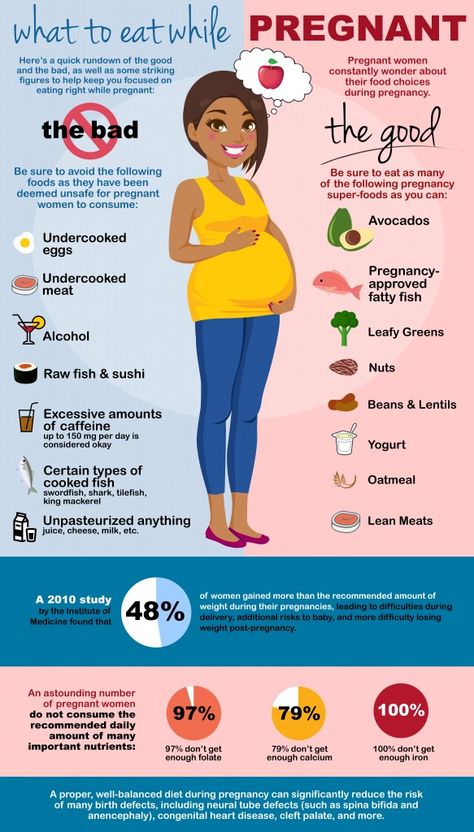 Long-distance travel is not contraindicated if the pregnancy proceeds physiologically, without complications. It is important to choose the right route and means of transportation. Kayaks, motorcycles, hot countries, conquering mountain peaks, direct sunlight are prohibited. It is better to choose a relaxing holiday with the usual food and climate close to Russian, without a big difference in time zones. When it comes to air travel, it is best to consult your doctor, as it requires an individual approach. One of the relatives or a friend should accompany you during the trip.
Long-distance travel is not contraindicated if the pregnancy proceeds physiologically, without complications. It is important to choose the right route and means of transportation. Kayaks, motorcycles, hot countries, conquering mountain peaks, direct sunlight are prohibited. It is better to choose a relaxing holiday with the usual food and climate close to Russian, without a big difference in time zones. When it comes to air travel, it is best to consult your doctor, as it requires an individual approach. One of the relatives or a friend should accompany you during the trip.
Fear No. 6. “At the beginning of my pregnancy, I ate chocolate bars. But recently I learned that mom's food habits affect the tastes of the unborn child. Now I am afraid to eat an extra cake or a piece of chocolate: because I can make my baby a sweet tooth!”
In this situation, there is a risk of giving birth to a child - paratrophy with overweight and a tendency to allergies, as well as realizing latent diabetes in the mother! Western publications publish information that the taste preferences of a pregnant woman determine the taste preferences of her unborn child.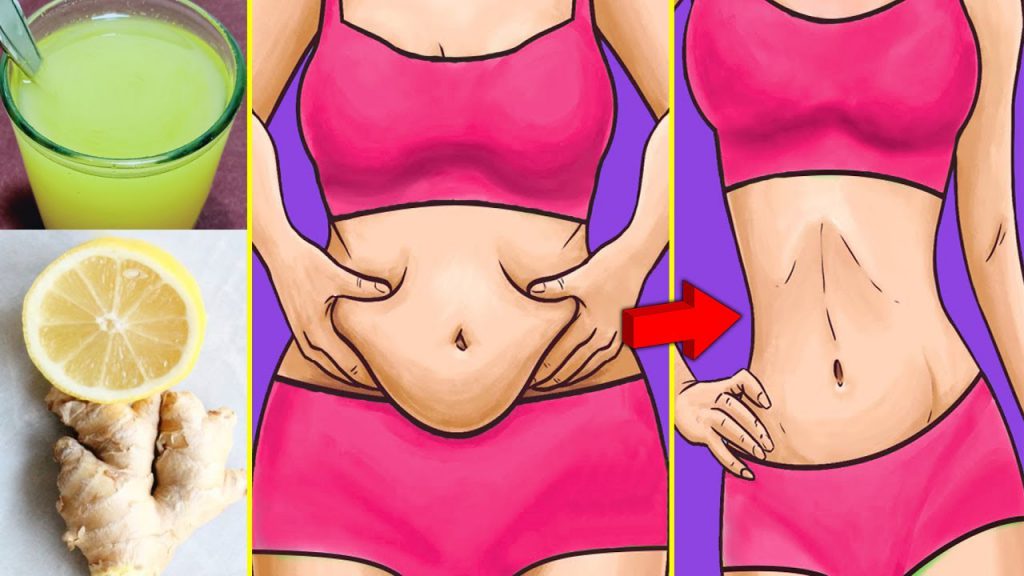 We can confidently say that proper nutrition during pregnancy and feeding is the key to the health of your baby. It is advisable to think over the diet to the smallest detail, include in it products that provide all the necessary nutrients, vegetable and animal proteins, vitamins and minerals, fruits and vegetables, and take carbohydrates in a limited way, including chocolate, which is a strong allergen.
We can confidently say that proper nutrition during pregnancy and feeding is the key to the health of your baby. It is advisable to think over the diet to the smallest detail, include in it products that provide all the necessary nutrients, vegetable and animal proteins, vitamins and minerals, fruits and vegetables, and take carbohydrates in a limited way, including chocolate, which is a strong allergen.
Fear No. 7. “I was already in danger of miscarriage. Now, as the doctor says, she has passed, but I still am afraid of accidentally provoking a premature birth. For example, I read that it is necessary to prepare the nipples for feeding, but I am afraid that these measures would cause a miscarriage. Or maybe all these fears are unfounded?
You really shouldn't massage and stretch your nipples to prepare them for feeding. But you can use other effective and gentle methods. Sew canvas tabs from the inside to the bra, regularly wipe the nipples with a decoction of oak bark frozen in the freezer, take air baths.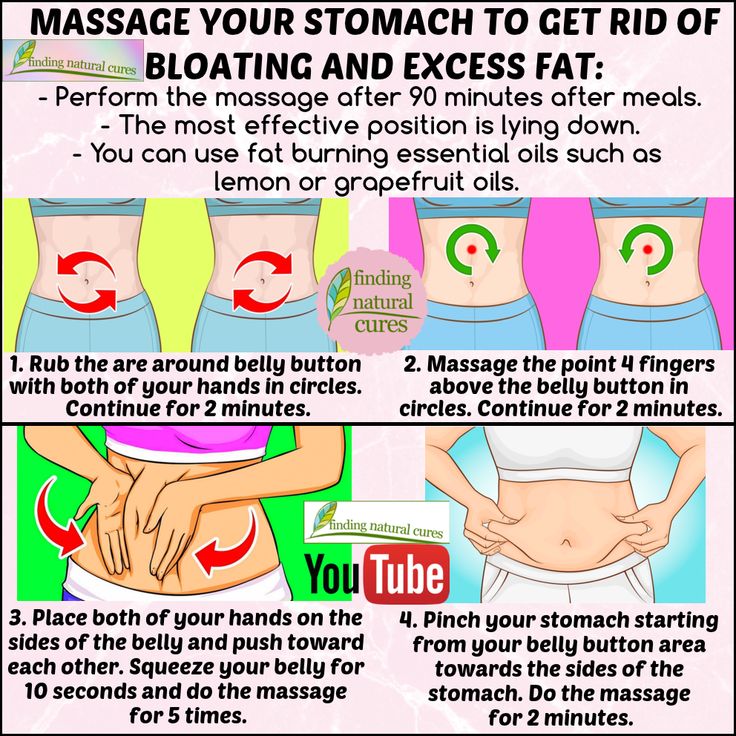 Stock up in advance with a special cream that soothes irritated and inflamed nipples after feeding.
Stock up in advance with a special cream that soothes irritated and inflamed nipples after feeding.
Fear No. 8. “Already in the second month of pregnancy, hair began to grow on my body, my stomach was covered with a dark fluff. I started to get better, and my friends unanimously say that after giving birth I will become completely fat. Is there really nothing that can be done, and will you have to pay for the birth of a child with an attractive appearance?
The appearance of hair is a temporary phenomenon, a consequence of hormonal changes during pregnancy, after childbirth it will pass. After childbirth, only those hairs that appeared during pregnancy fall out, so you are not threatened with baldness. Not all women get much better during pregnancy and lactation, while following a diet, weight gain can be influenced. The diet during pregnancy is determined by the doctor, taking into account concomitant diseases.
Fear No. 9. “Many women are afraid of childbirth, but I am not.
